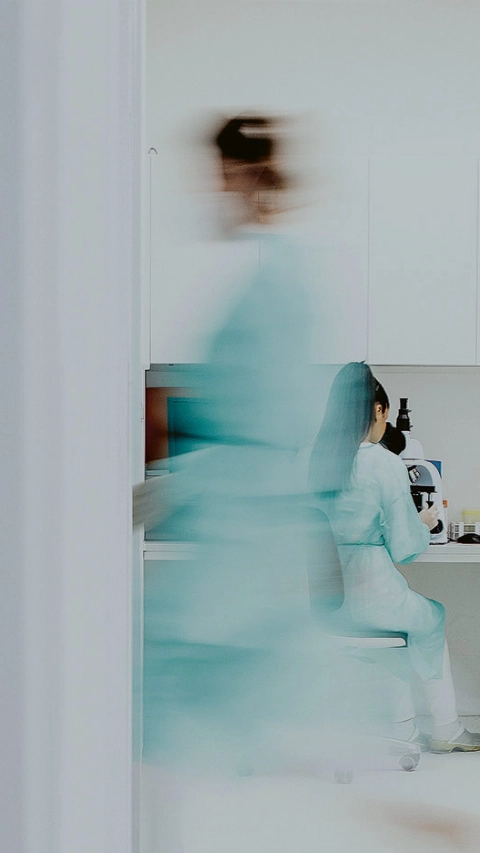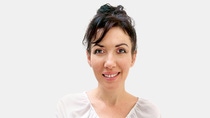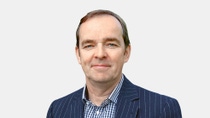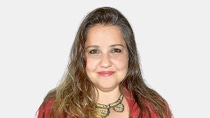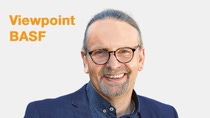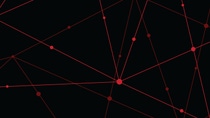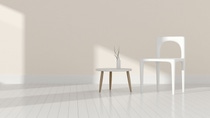Media
The truth is out there waiting for us to find it
Creating Chemistry: Since much of what we know derives from what others tell us, what role does trust play?
PROFESSOR MONA SIMION: In gathering knowledge, we rely very much on the testimony of others. That is because we are limited physically and psychologically. I cannot check the height of Mount Kilimanjaro in Tanzania myself, so I believe my geography teacher. This involves trust, but in a passive rather than an active manner. I don’t need positive reasons to believe my geography teacher – I don’t need to check her credentials before believing her, I just need to have no reason to believe she is untrustworthy.
What happens if our faith in experts breaks down?
Expert testimony is very weighty evidence. In an environment where there is a lot of distrust, however, we start to suspect experts are deceiving us. That is unhealthy because it means we can’t take advantage of their expertise. It is also often irrational to rely more on our opinions than on expert testimony: Experts are more reliable than us because we, as a society, have invested resources in educating them. Dividing epistemic labor in this way makes us very good at gathering information.
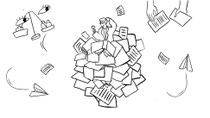
How do we strike the right balance between taking on trust what others say and thinking for ourselves?
If the stakes are high, it is rational to find out more for yourself. For example, when making decisions that affect the health of your child, it is rational to search for more evidence. Expert evidence is then something you weigh alongside other evidence you gather yourself. On the other hand, if the stakes are not high, it makes no sense to do this – you wouldn’t spend hours gathering evidence about whether it is going to rain today, rather than simply putting your trust in the weather report.
What is the right way to react to disagreement between experts?
If experts disagree, there are cases in which I cannot rationally believe either party, and I have to suspend belief. But this is not the case in the face of all expert disagreement. It is only rational to do this when the evidence is equally weighty on both sides. Serious expert disagreement of that type happens very rarely. And when it does happen, it is very scary – suddenly, we don’t know what to believe any more and it is hard, especially if we need to act, because it means taking a risk. But the good news is, again, that this very rarely happens. Most expert disagreements that we see – over issues such as climate change, or vaccine efficacy – are not balanced in this manner: In cases like these, suspending belief is irrational.
What happens when something that we think we know turns out not to be true?
Truth is out there waiting for us to find it. We are fallible creatures and we do get it wrong once in a while. But that’s fine. What is important is that we base our actions on the amount of information that we have available at the time. The fact that we have survived is evidence that we mostly get it right. For the most part, we are very reliable producers and receivers of knowledge. Sometimes we get it wrong, but these instances are quite reduced. The best we can do is follow our evidence as well as we can.
